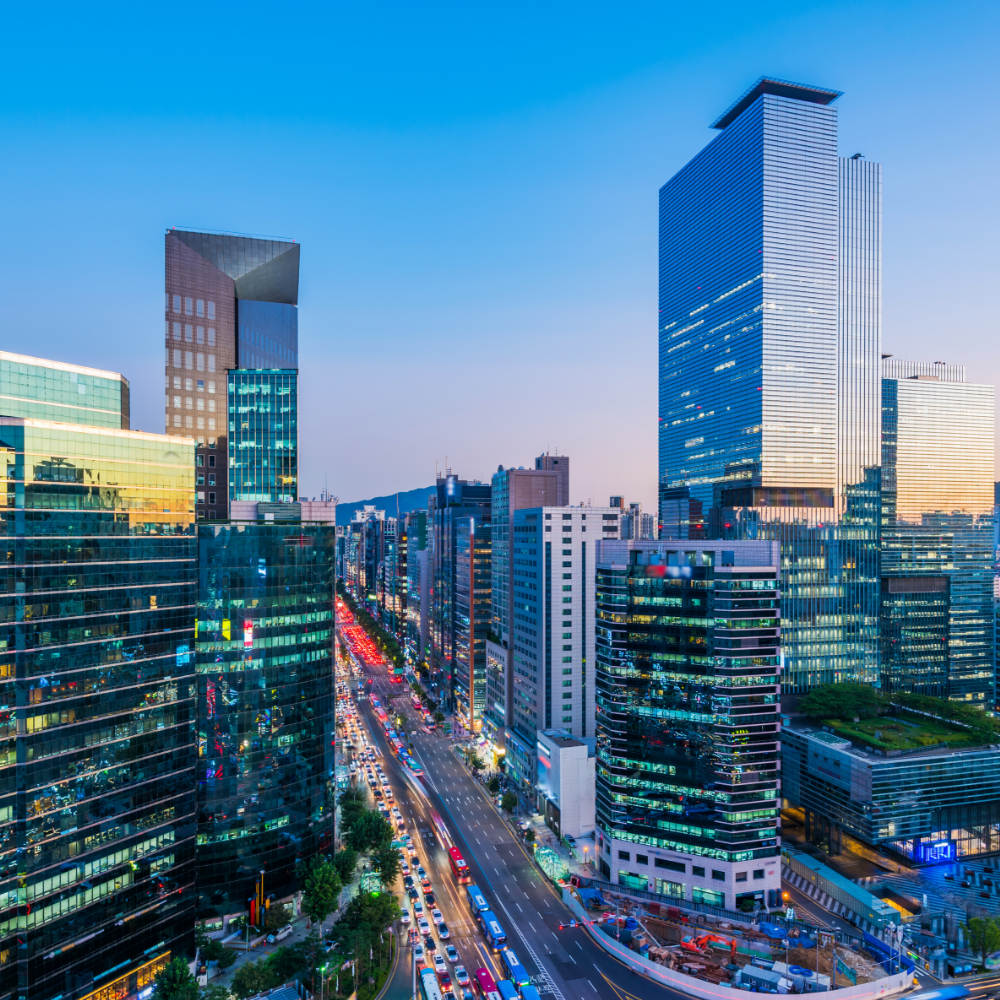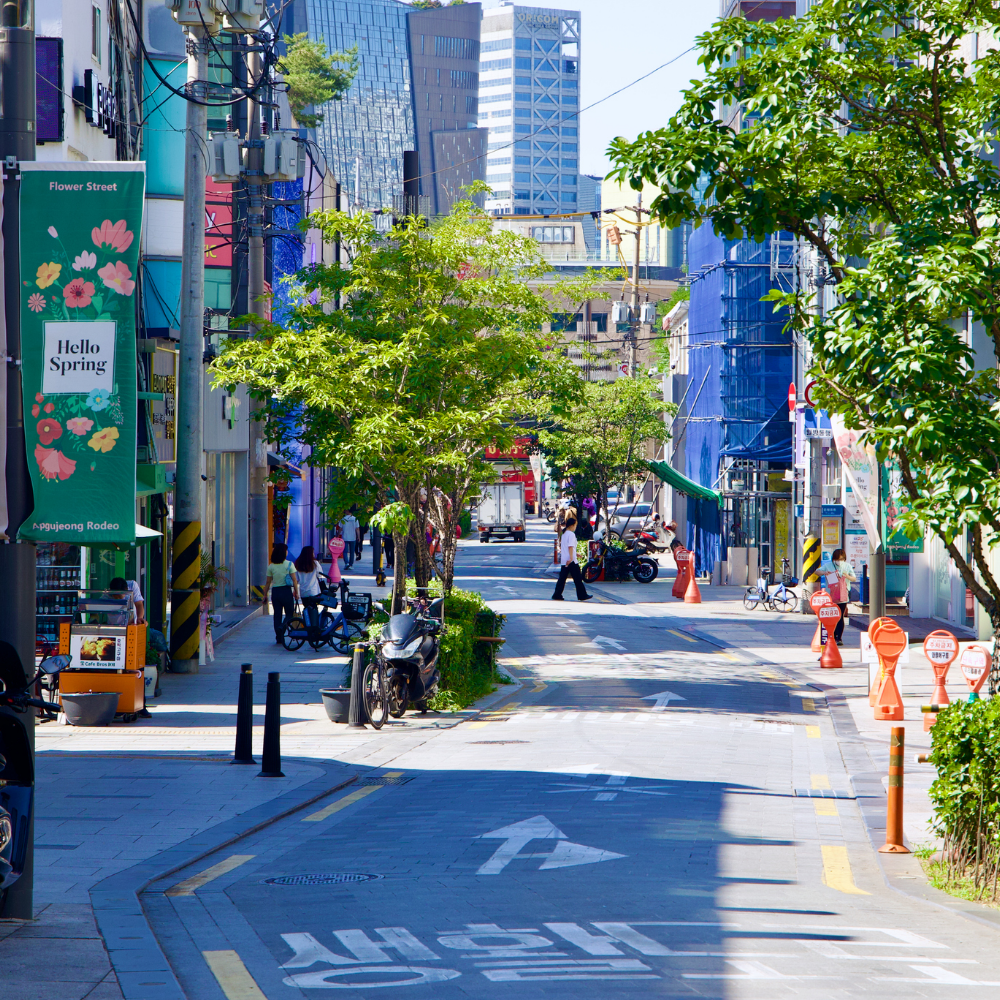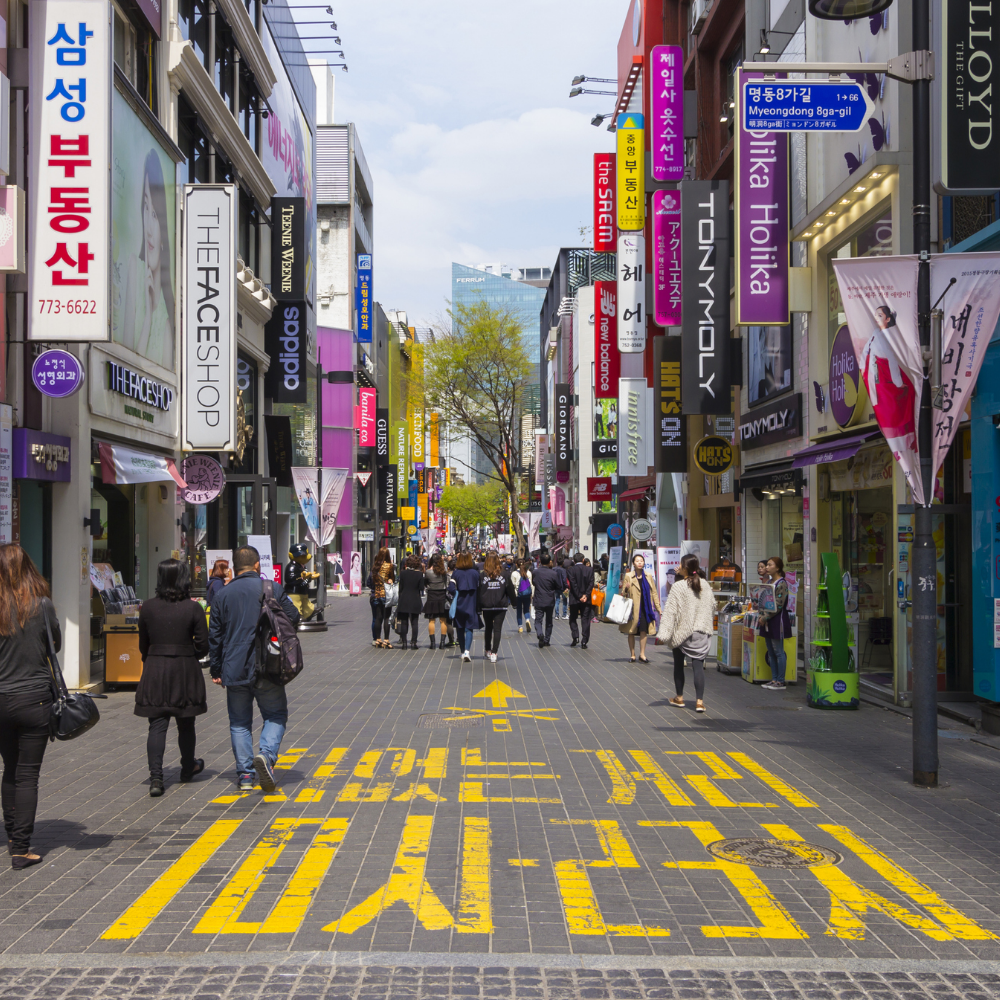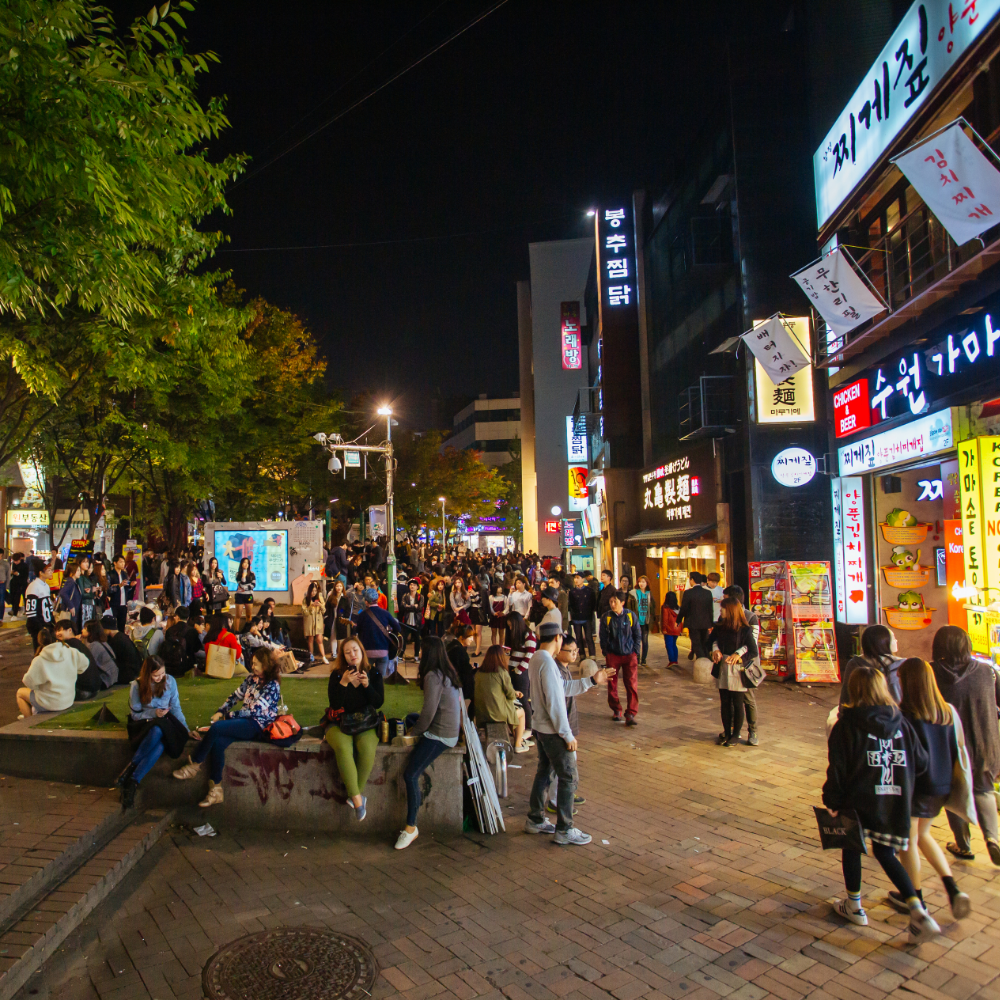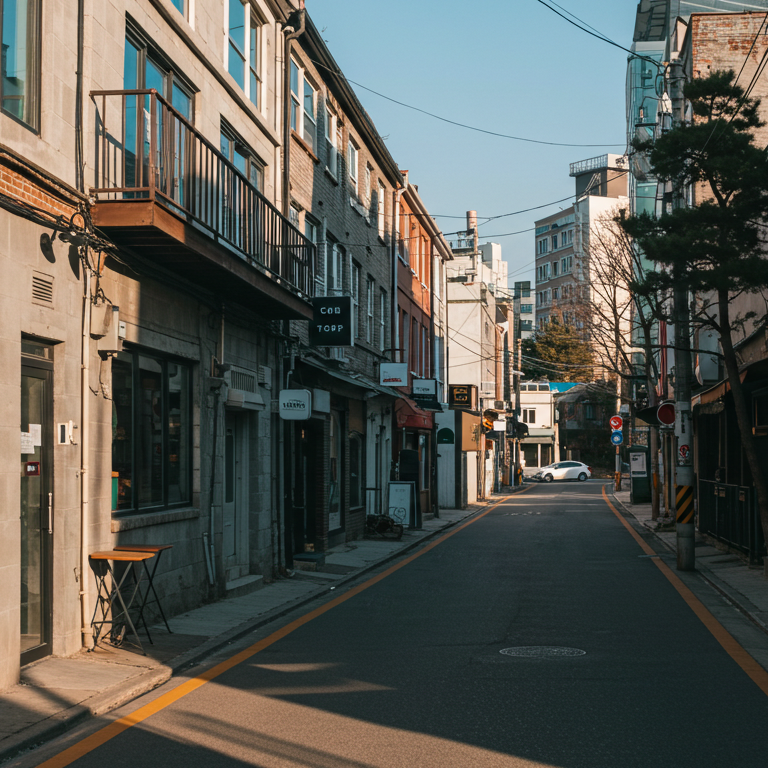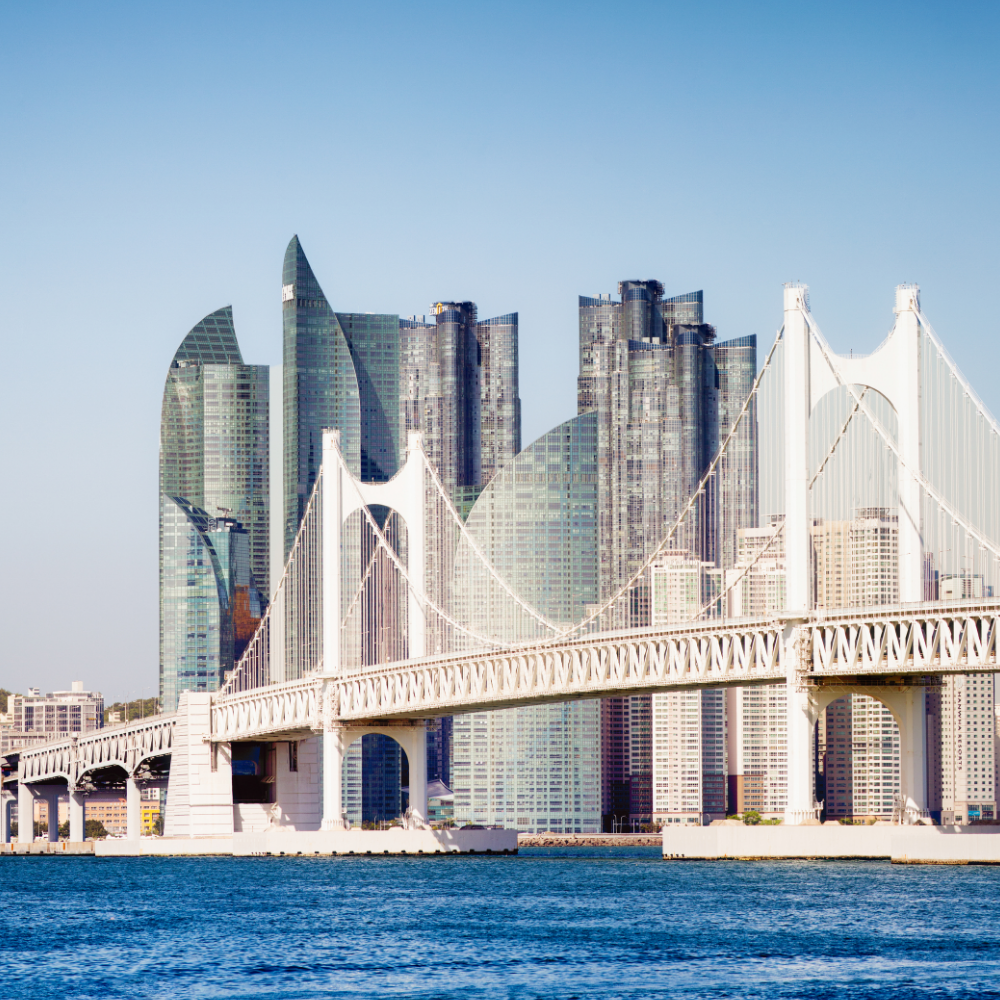Microbiome Skincare in Korea: Is Your Skin's Ecosystem the Secret to Calm, Clear Skin?
Korea’s next skincare frontier isn’t about stripping your skin — it’s about nurturing it. Discover how microbiome-based Korean skincare is restoring sensitive skin, balancing oil and moisture, and building resilience from the inside out.

What Is Microbiome Skincare?
Your skin isn’t just yours — it’s home to millions of microorganisms, including bacteria, fungi, and viruses that form a unique ecosystem. This is your skin microbiome, and it plays a vital role in keeping your skin healthy, resilient, and calm.
Microbiome skincare focuses on maintaining this delicate balance rather than erasing it. Instead of using harsh exfoliants or drying cleansers, microbiome-friendly products introduce prebiotics (to feed the good bacteria), probiotics (live beneficial microbes), and postbiotics (their byproducts that help soothe and repair skin).

Why Korean Skincare Embraced the Skin Ecosystem
Korea’s skincare philosophy has always leaned toward prevention, hydration, and barrier care — making it a natural fit for microbiome science. After the rise of acid toners and over-exfoliation in the 2010s, many Korean consumers began seeking gentler, long-term solutions for redness, dryness, and sensitivity.
Brands responded by launching creams, serums, and mists designed to support the microbiome. You’ll now find formulas with fermented ingredients, lactobacillus ferment lysate, and even kombucha extract aimed at feeding the skin’s healthy flora.

Key Microbiome Ingredients to Know
When scanning ingredient lists, look for terms like lactobacillus ferment, bifida ferment lysate, galactomyces, or inulin. These help fortify the skin’s natural defenses, reduce inflammation, and maintain a healthy moisture barrier.
Fermented skincare — a hallmark of Korean beauty — also naturally produces postbiotics that nourish the microbiome. Well-known brands like Missha, Dr. Ceuracle, and Beauty of Joseon incorporate these into toners and essences designed to calm and protect.

Who Benefits Most from Microbiome Skincare?
If you suffer from redness, tightness, or frequent breakouts, your skin barrier may be compromised — and your microbiome may be out of balance. Microbiome skincare can help restore calm, especially for those with rosacea-prone or post-treatment skin.
It’s also ideal for anyone using prescription retinoids, exfoliating acids, or who frequently travels between climates. Microbiome-supportive products act as a buffer, helping your skin adapt to stress without overreacting.

Dr. Beau's Note
Korean microbiome skincare is the perfect marriage of ancient fermentation wisdom and modern biotech. It’s not just a trend — it’s a shift in how we understand skin health. Instead of fighting your skin, microbiome care teaches you to support it.



